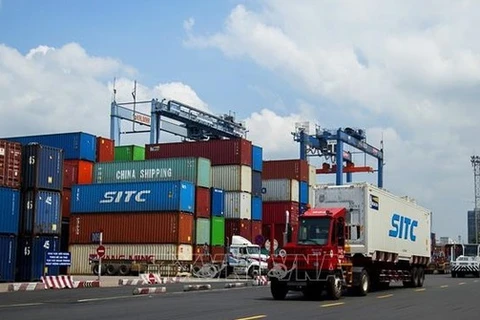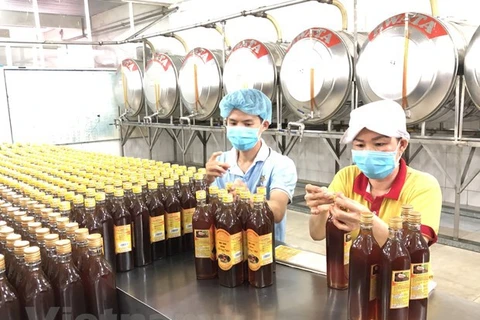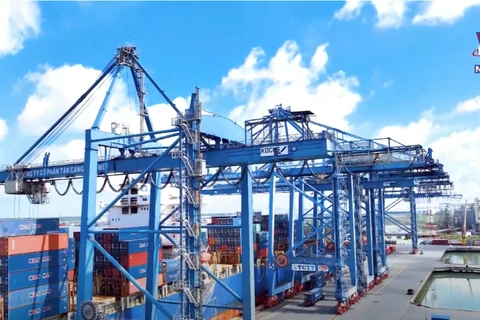VNA

Vietnam posts trade surplus of 3.6 billion USD in January
Despite decreases in both imports and exports, the country still enjoyed a trade surplus of 3.6 billion USD in the first month of 2023, according to the General Statistics Office (GSO).






















